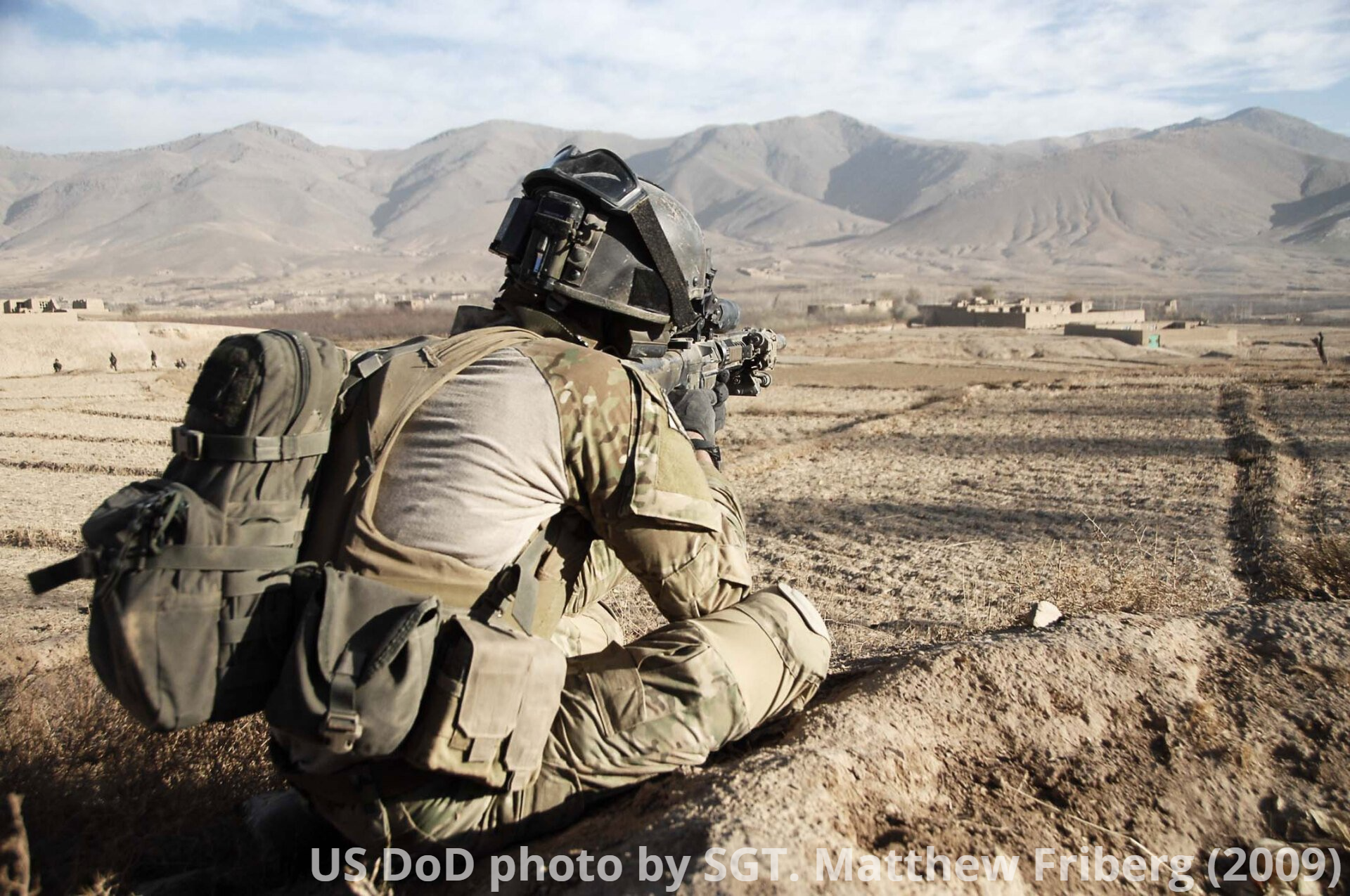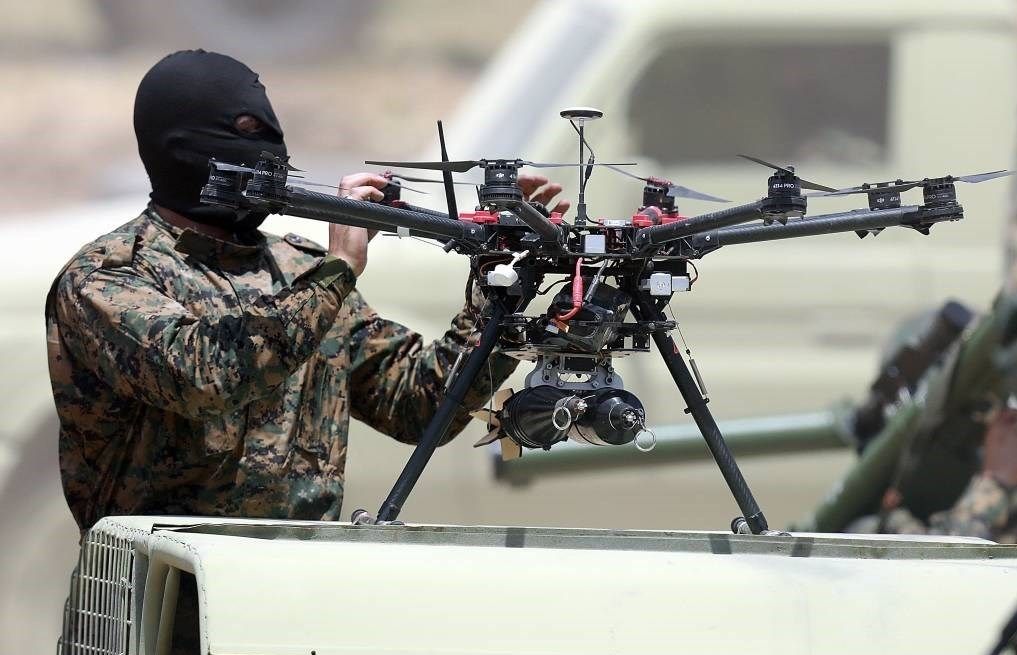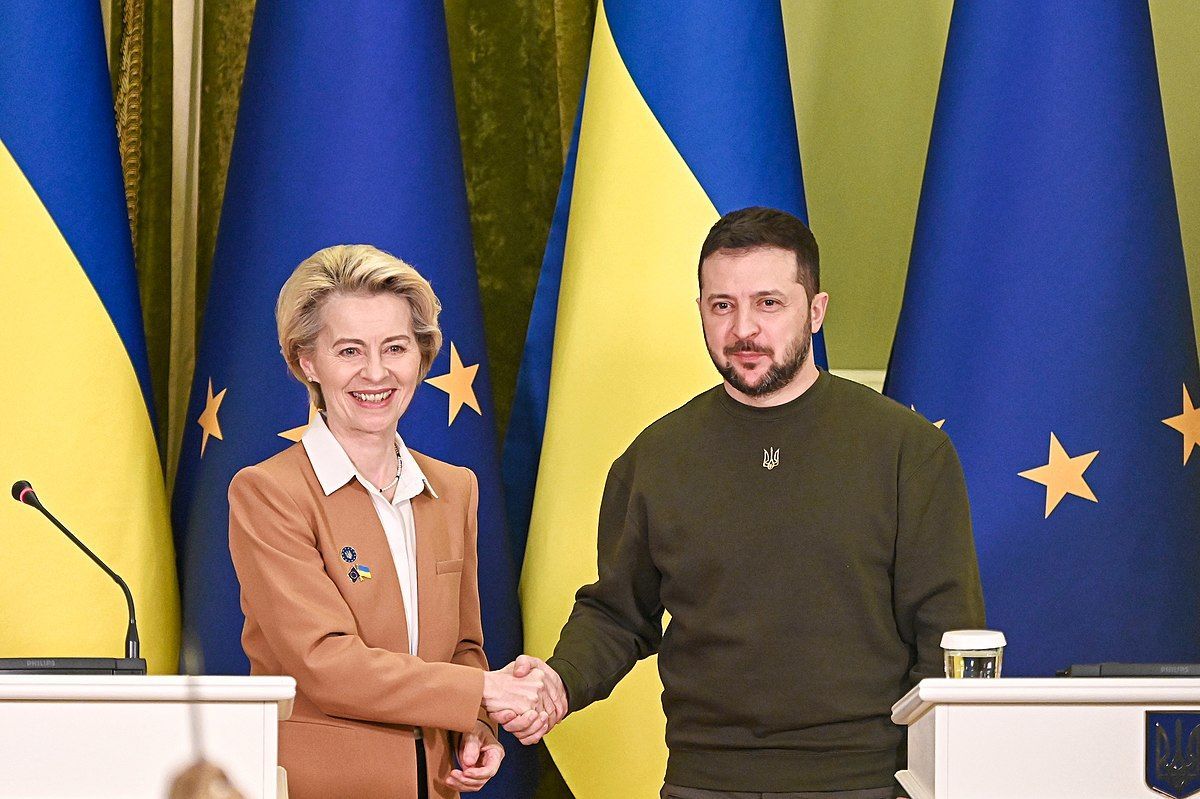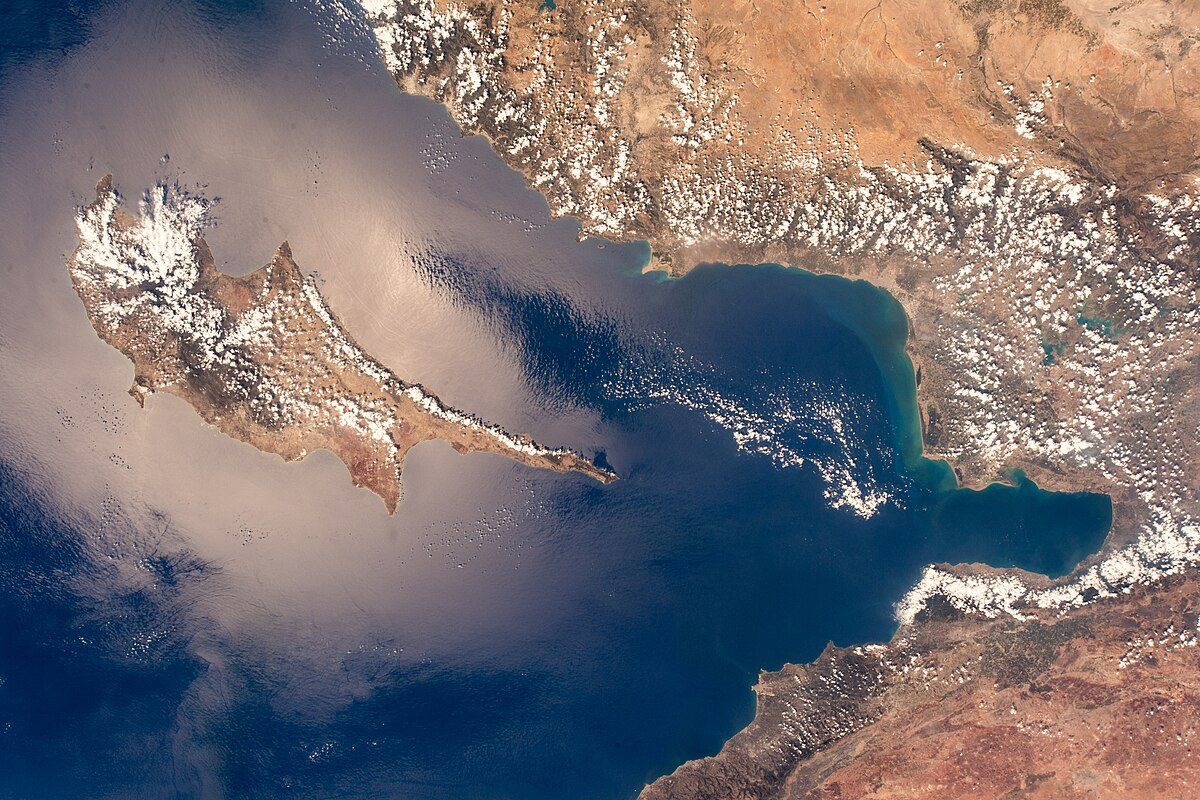14 April 2021
The Biden administration has pushed the deadline for US withdrawal further down the road, but American forces will still be leaving this year. The Afghanistan of the near future is likely to remain turbulent and unstable.
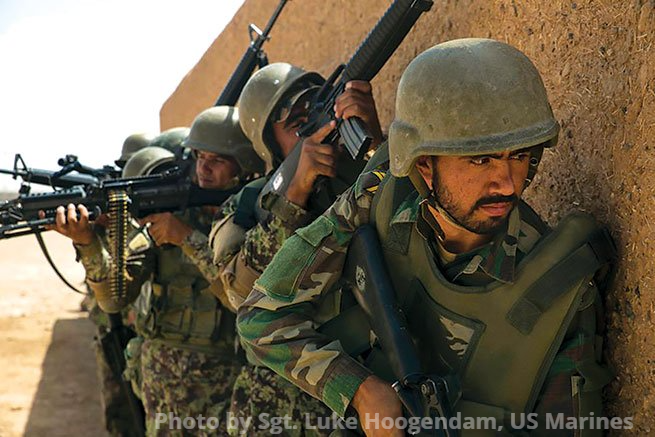
^ When US and NATO forces finally leave Afghanistan, the Afghan military and police will be soley responsible for the country's security. Many fear that they will struggle to contain the Taliban if the civil war endures.
The Biden administration has set out a new deadline for the withdrawal of all US troops from Afghanistan. The decision to pull out the remaining 2,500 US troops by 11 September has ended months of speculation as to whether Washington would abide by the 1 May deadline negotiated between the previous administration and the Taliban in Doha last February.
Approximately 9,600 NATO troops are currently stationed in Afghanistan and mostly provide training and support for the Afghan National Army (ANA) and Afghan security services who have gradually taken on greater responsibilities since the US and NATO combat mission formally ended in 2014. However, US allies who have sent their own forces to Afghanistan as part of the NATO mission will also very likely be withdrawing their forces by September.
The new withdrawal date marks the 20th anniversary of the 9/11 attacks which shocked the US in 2001. When US forces finally leave Afghanistan in September, President Joe Biden will have ended America’s longest war, but he will be leaving a troubled Afghanistan with an uncertain future.
Will Afghanistan finally find peace?
The prospects for a peaceful Afghanistan remain poor. Since former-President Donald Trump’s government agreed on the original withdrawal deadline last year, the Taliban have largely refrained from attacking US and NATO forces, but the same cannot be said for Afghan forces themselves who have been repeatedly attacked by a resurgent and confident insurgent force.
There is now the risk that the Taliban will resume their attacks on US forces under the pretext that the Americans have reneged on the 1 May deadline. However, the Taliban are still likely to eschew US targets to avoid incurring avoidable counterattacks by superior American air assets. Ultimately, the Taliban will benefit from the US withdrawal, even if it takes a few more months than they hoped. Attacking American forces now will not grant the Taliban any tactical, operational, or strategic advantages that could not be more easily obtained by targeting the weaker Afghan government forces.
Hopes for a peaceful Afghanistan now rest on negotiations between the Afghan government and the Taliban which are to take place later this month in Turkey. The Taliban have been jittery about attending any talks. This Monday, a Taliban spokesman stated that they would not attend talks but the following day the Turkish government announced that a 10-day summit with both sides in attendance will be going ahead. The United Nations and Qatar will also be present.
A successful deal will likely include a ceasefire, eventual peace settlement and the establishment of an interim government. The Taliban, having experienced a relative resurgence in recent years, are likely to demand serious concessions from the Afghan government. If the Taliban do not secure a significant stake in the formation of Afghanistan’s next government, the fighting is likely to intensify after the US withdraws. It is not certain how well the Afghan government in Kabul can provide security without US assistance and support.
Does the withdrawal serve US interests?
There are certainly risks associated with the withdrawal. The Taliban will likely hail the departure of US troops as a victory against a ‘foreign occupier’. Islamist extremists elsewhere will no doubt parrot such messaging. Moreover, there is a very real risk that the government in Kabul will collapse or the Taliban will seize control over a greater proportion of the country if Afghan security forces prove fragile without outside assistance.
However, there is even less to be gained from a continued US presence. Afghanistan is a no-win situation. If American forces remain in Afghanistan, Washington will only continue to expend more blood and treasure for extraordinarily little in return. Few American military personnel or policymakers will be content with the way the US leaves Afghanistan but both Biden and Trump were right to realise that it is time for Washington to cut its losses and shift its attention elsewhere.

